All cities are shapeshifters, but London is special. London is a palimpsest of places gone but not lost. Even as it is taken apart and rebuilt reaching to the skies, London remains rooted in the lay of the land, shore ditches, hills and fields still giving their names to the neighbourhoods upon them, and all bisected by the great snaky tidal river.
Born in Burnt Oak, Robert Elms grew up on one of those hills — Notting — and he would be sad but not remotely surprised that a Google search today cites first the film and then offers the question: ‘Is Notting Hill a real place?’ It was, he would say. Or, once upon a time, it was. Today, ‘it is international, aspirational, like a living Patek Philippe advert’.
London Made Us is a deeply nostalgic memoir, a celebration of the dirty, slummy, sometimes dangerous and sickening but utterly vital past, and a stinging critique of present pseudo-posh. Yet Elms recognises, if sometimes reluctantly, the importance of the passions of young people in London today who know something of history. This last is a resolution of what might otherwise be too stark a paradox, but memoirs should offer at least a glimmer of hope, when the author himself is still alive to have it and share it with his family and readers.
Elms shares much on his popular midday BBC Radio London show and via his delightful Instagram account, @robertelmsshow. His earlier, narrower memoir The Way We Wore: A Life in Threads (2005) celebrated London cool as he was growing up; and now the death of his mother Eileen Elizabeth Elms shapes London Made Us. ‘This is no longer my London,’ she told her son from her hospital bed in 2011, and from that day he began to think of the idea that ‘in essence your city dies with you’.
A black-cab driver who listens to Elms’s radio show offers not only a cross-town trip but comfort; black-cab drivers are a part of London that, one hopes, will never pass. Elms is devoted to them: ‘Such a totemic symbol of my city, mobile golems arising from the rat runs.’ I wonder if anyone’s ever caught him in a limo or a Lyft. Later in London Made Us, he recalls a driver named Mitch who used to stop by Elms’s favourite Russian baths for a schvitz. Mitch insisted that Elms should get his daughter on the radio. ‘She’s a great singer,’ he would say: ‘She’s going to be big. Her name is Amy.’ Elms is good at taking a little piece of our hearts like that.
But he gives, too. His stories are funny and memorable, such as ones about his fire station squat with his girlfriend Sade and her brother. And he is skilled at pushing his own personal memories out into cultural history connections. The more general music anecdotes, however, can be preachy and predictable: their constant tone of ‘I-was-there-and-you-weren’t’ doesn’t engender sympathy.
Elms was born in spring, and we were born too late: fine, we got that the first time and don’t need to hear it a 50th. The memories that read best are not the professional but the personal. The sections of London Made Us organised around the habitational peripatations of the Elmses, in moves both voluntary and enforced, are the most engaging. His recounting and analysis of the energy and possibilities brought by the Windrush generation are copious and well expressed. The italicised entr’actes between chapters, full of rapping rhymes and vital vignettes, are my favourite parts of the book.
Elms revels in forays into Frestonia (the name adopted by residents of Freston Road, North Kensington, who attempted to set up an independent republic in 1977), Queen’s Park Rangers matches and a landscape of squats that may not be quite gone. As I left the National Portrait Gallery in December 2014, police and protestors filled the pavements outside as squatters in a bank that had been empty for more than a year were evicted just before Christmas.
Elms’s leading emotion, though, is always loss: ‘Bloom’s is now a Burger King.’ He calls David Jones of Brixton, later Ziggy Stardust of Soho, ‘our city made flesh’, and tells of the ‘unparalleled outpouring of London love’ on Bowie’s death in 2016, without acknowledging that Bowie spent the last 25 years of his life in America, in Woodstock, New York and SoHo, rather than Soho, as a happy husband, father, painter and creator.
But it’s Elms’s disdain for the cost of London that is paramount:
You don’t want luxury apartments, gymnasiums, concierges and endless poxy coffee shops, unless perhaps daddy is rich and you’ve just arrived to take a post at Goldman Sachs. You want Withnail and I with a good supply of Camberwell Carrots.
Fair play, but I don’t actually want to live in that flat with only Deep Heat to keep me warm, and an entire sink gone rotten and full of ‘matter’.
The strongest current of many (too many, really) flowing in Elms’s book is his palpable, unquestionable passion for the city he sees and mourns as abused in change, but still loves with all his heart. London, in all its historical sweep and glorious swank, its Tabard-Inn, 1-and-2 Henry IV, Our Mutual Friend, Mrs Dalloway, Doctor Who, Neverwhere self, is Elms’s favourite place to be — in imagination and in reality. With all that’s gone, much aside remains, enough for Elms to refer still to his London as ‘the champion of the world’.
London Made Us: A Memoir of a Shapeshifting City
Author: Robert Elms
Publisher: Canongate
Page count: 320
Price: £16.99
Got something to add? Join the discussion and comment below.
Get 10 issues for just $10
Subscribe to The Spectator Australia today for the next 10 magazine issues, plus full online access, for just $10.
You might disagree with half of it, but you’ll enjoy reading all of it. Try your first month for free, then just $2 a week for the remainder of your first year.

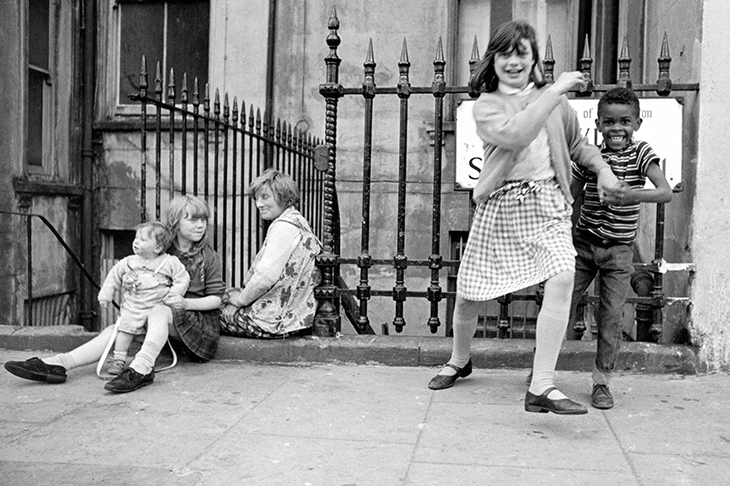
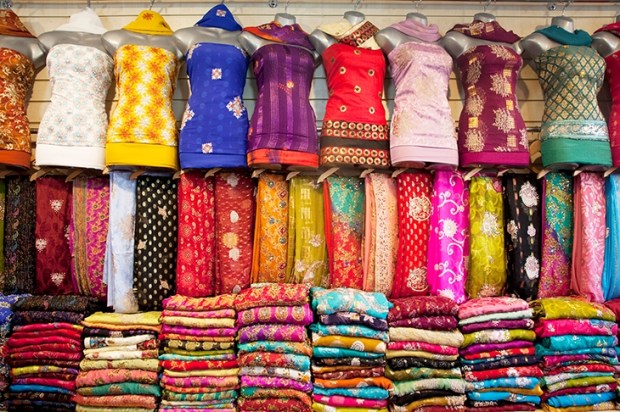
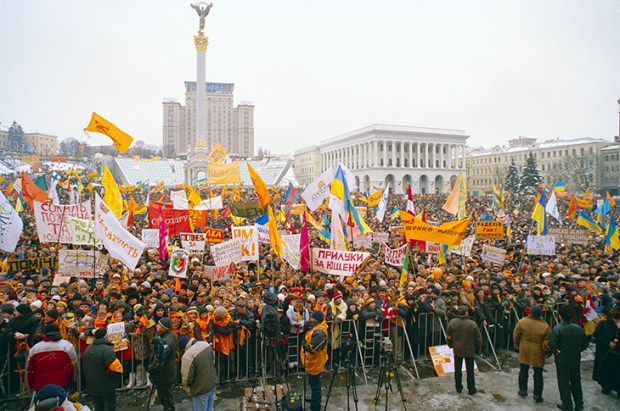
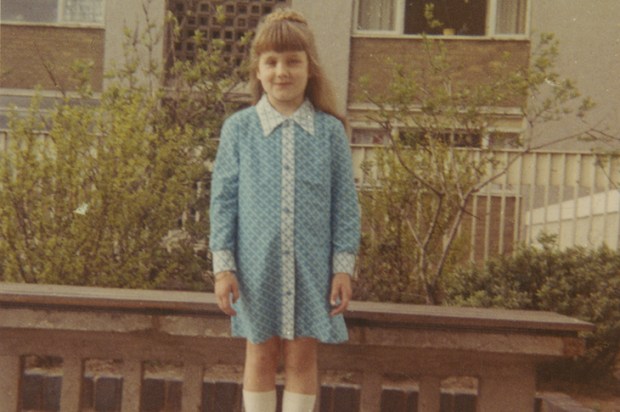
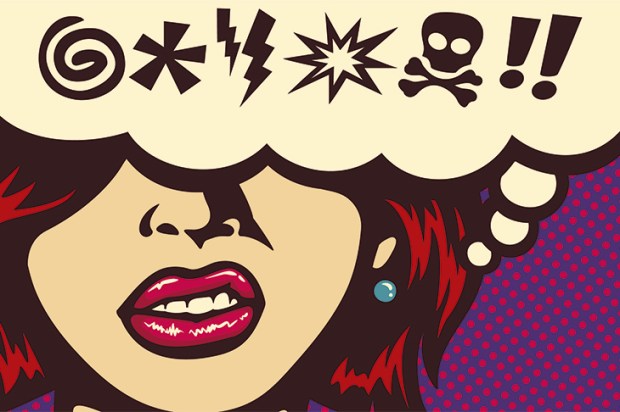
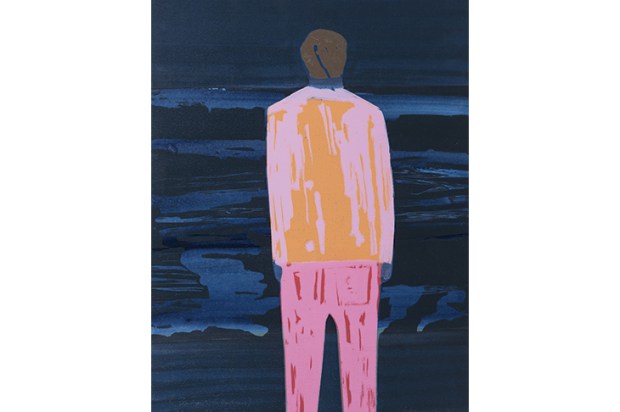
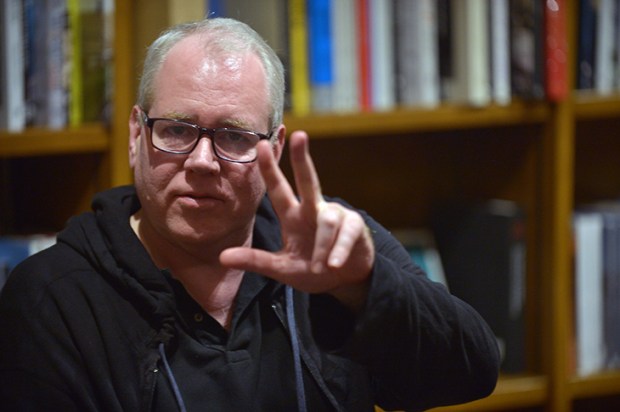






Comments
Don't miss out
Join the conversation with other Spectator Australia readers. Subscribe to leave a comment.
SUBSCRIBEAlready a subscriber? Log in